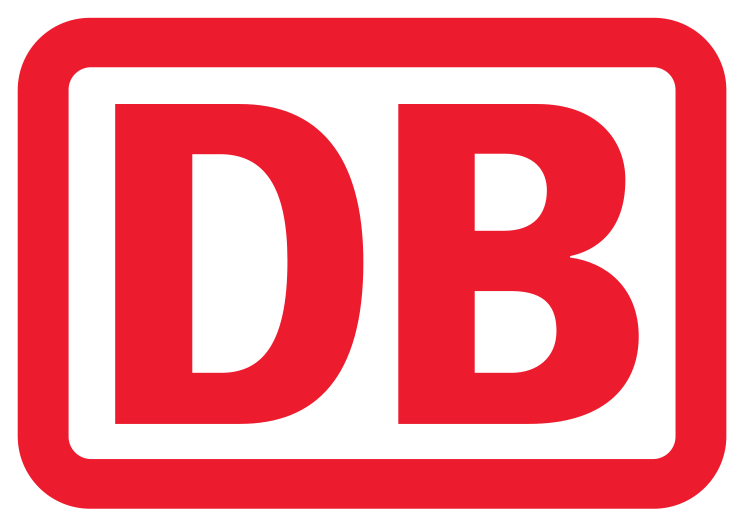Crash course logistics manager: Management knowledge for decision makers
The most important things in 2 days!

Contents
Practice of logistics management
- Logistics vs. supply chain management.
- Trends: including digitalization, robotics, sustainability.
- Tasks, goals, conflicting objectives in logistics.
- Integration of logistics into the company.
Analyze, visualize, design and optimize logistics processes: Order processing, inventory, warehouse and transportation management, lean principles
- MUDA: Seven types of waste.
- Ten principles of process optimization.
- Optimal inventory management - demand planning; scheduling, ABC-XYZ analysis; safety stocks, optimal batch sizes, IT tools.
- Manufacturing strategies: Make-to-Stock, Make-to-Order, Assemble-to-Order.
- The optimal warehouse: organization, use of IT, automation, layout.
- Interface to value creation: basic features of TPS, important lean principles, value stream mapping.
- Optimal distribution structures: storage levels; centralized vs. decentralized warehousing.
- Transport optimization: Milk-run, regional forwarder, direct transport.
Managing and monitoring logistics, logistics controlling
- Logistics controlling: key figures and key figure systems, balanced scorecard.
- Logistics costs: process costs, shortage costs, total cost of ownership (TCO).
Management in logistics and supply chain
- Typical logistics/supply chain projects.
- Project management: SMARTE logistics goals, project organization and controlling.
- Management approaches and leadership styles: e.g. management by objectives, Kaizen, CIP.
- Personnel management and remuneration in logistics.
Learning environment
In your online learning environment, you will find useful information, downloads and extra services for this training course once you have registered.
Your benefit
- Important management knowledge for the design, optimization and control of corporate logistics is conveyed in a compact form.
- Instruments are presented that can be used quickly and easily in management practice.
- Students learn to set logistical goals, derive decisions from them and correctly recognize their effects and economic implications.
- It also shows what is important for successful logistics projects.
- Logistics can be specifically geared towards the future requirements of digitalization ("Industry 4.0").
The focus is on practical relevance with many examples.
Methods
Trainer input, best-practice examples, discussion, exchange of experience, work aids.
Recommended for
Junior managers in logistics, team/group leaders. For attendees who are preparing for the position of logistics manager or have gained initial experience in this position .
Further recommendations for "Crash course logistics manager: Management knowledge for decision makers"
2109
Start dates and details
Thursday, 12.03.2026
09:00 am - 5:00 pm
Friday, 13.03.2026
08:30 am - 4:30 pm
- one joint lunch per full seminar day,
- Catering during breaks and
- extensive working documents.
Monday, 15.06.2026
09:00 am - 5:00 pm
Tuesday, 16.06.2026
08:30 am - 4:30 pm
- one joint lunch per full seminar day,
- Catering during breaks and
- extensive working documents.

Monday, 14.09.2026
09:00 am - 5:00 pm
Tuesday, 15.09.2026
08:30 am - 4:30 pm
Tuesday, 20.10.2026
09:00 am - 5:00 pm
Wednesday, 21.10.2026
08:30 am - 4:30 pm
- one joint lunch per full seminar day,
- Catering during breaks and
- extensive working documents.

Thursday, 18.02.2027
09:00 am - 5:00 pm
Friday, 19.02.2027
08:30 am - 4:30 pm
- one joint lunch per full seminar day,
- Catering during breaks and
- extensive working documents.
 4.3
4.3









